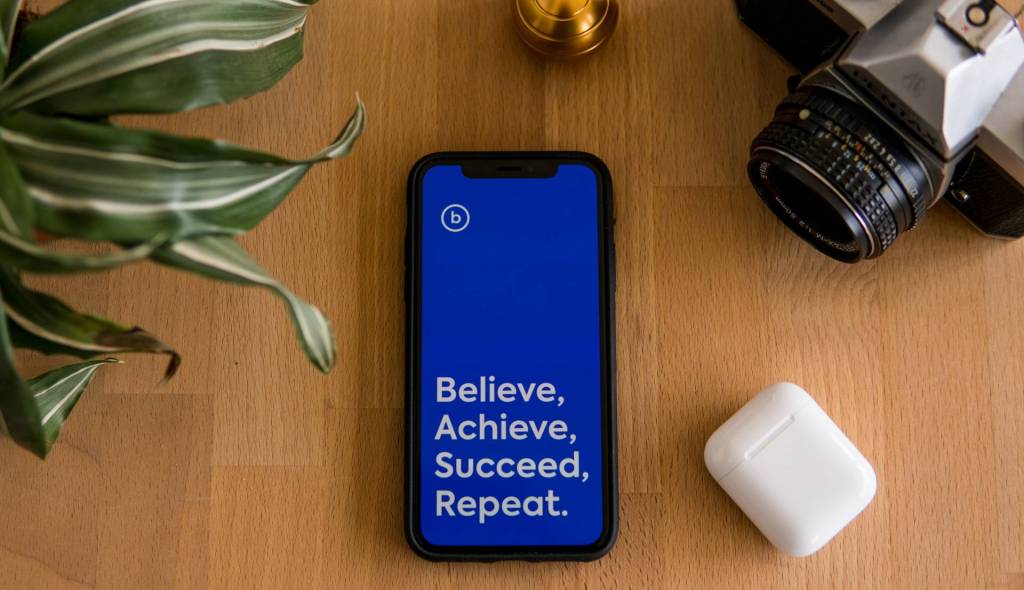Everyone has a unique personal brand.
When it comes to defining your personal brand, it’s important to be very careful in what you say when describing yourself. Words are incredibly powerful and can be interpreted in a number of different ways when misused.
To protect your reputation and your brand, it’s absolutely necessary you avoid using words that can hurt your credibility. As you think about your personal brand, here are 10 words you should never use when defining your personal brand:
1. “Queen, king, guru, social butterfly, or ninja”
When you call yourself a “social media queen” or “networking guru,” you damage your credibility. Many professionals think it’s clever to include these in their Twitter bios or LinkedIn summaries, however, it’s only harming your credibility.
2. “Go-getter”
If you’re an ambitious person, there’s no need to tell the world you’re a “go-getter.” In this case, your actions should be speaking louder than your words. Employers should be able to determine from your resume or portfolio whether you’re a “go-getter” or not.
3. “Expert”
Although you should be positioning yourself as an expert in your field, it doesn’t necessarily mean you have to call yourself an “expert.” Especially if you’ve only been working in your industry for five years or less, you still have a lot of time before you truly become an expert.
4. “Open-minded”
Open-minded people don’t have to tell the world they’re open to new ideas. They simply listen to others and allow people to have their opinions.
5. “Exceptional” or the “best of the best”
It’s good to be confident about your personal brand, but you don’t want your confidence to come off as arrogance. This type of attitude will push people away from getting to know who you are as a person.
6. “Humble” or “generous”
These are both adjectives that don’t need to be included in your brand because you should be living them out by example. If you consider yourself a humble or generous person, then people will be able to infer from your actions that you’re a kind and giving person.
7. “Thought leader”
Over the last year, “thought leadership” has become a buzzword in the online world. While thought leadership is valuable, you become a thought leader by having a genuine online presence and creating content of value; not telling people you’re a “thought leader.”
8. “Innovative”
This is another word that is overused in resumes, cover letters, and personal brands. Although you might be an innovative thinker, you’ll be more impressive if you share your innovative ideas and projects with others than simply telling them you’re “innovative.”
9. “Funny”
If you want your sense of humor to be an element of your brand, then you must let this part of your personality shine through your words and actions.
10. “All-star”
Again, confidence is important; however you don’t want to get ahead of yourself. It’s okay for others to think you’re an “all-star” in your field, but you don’t need to make it your title.












